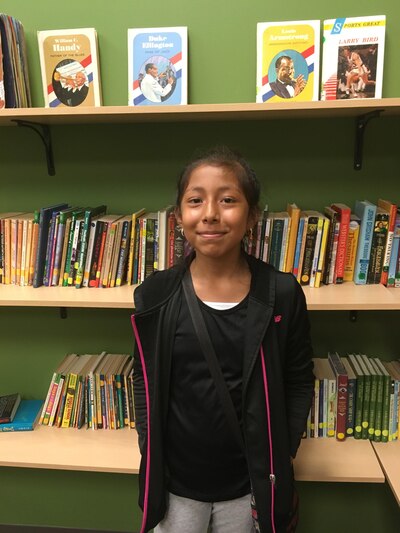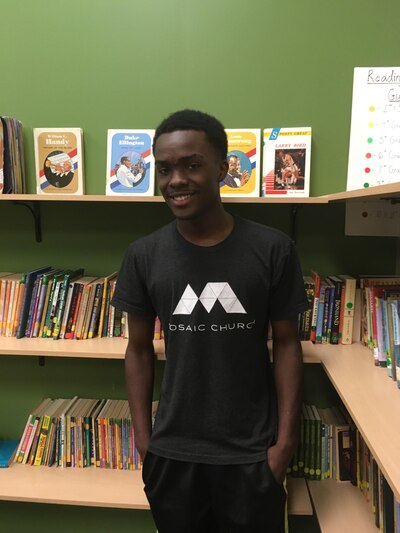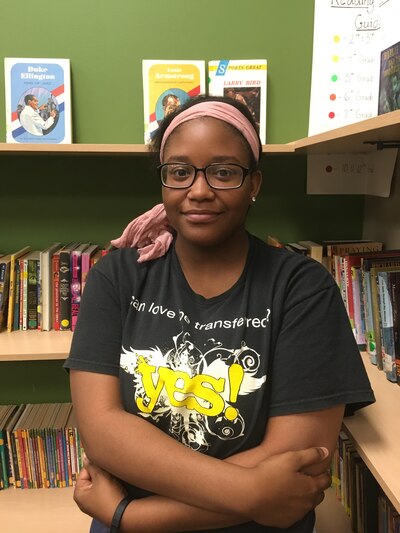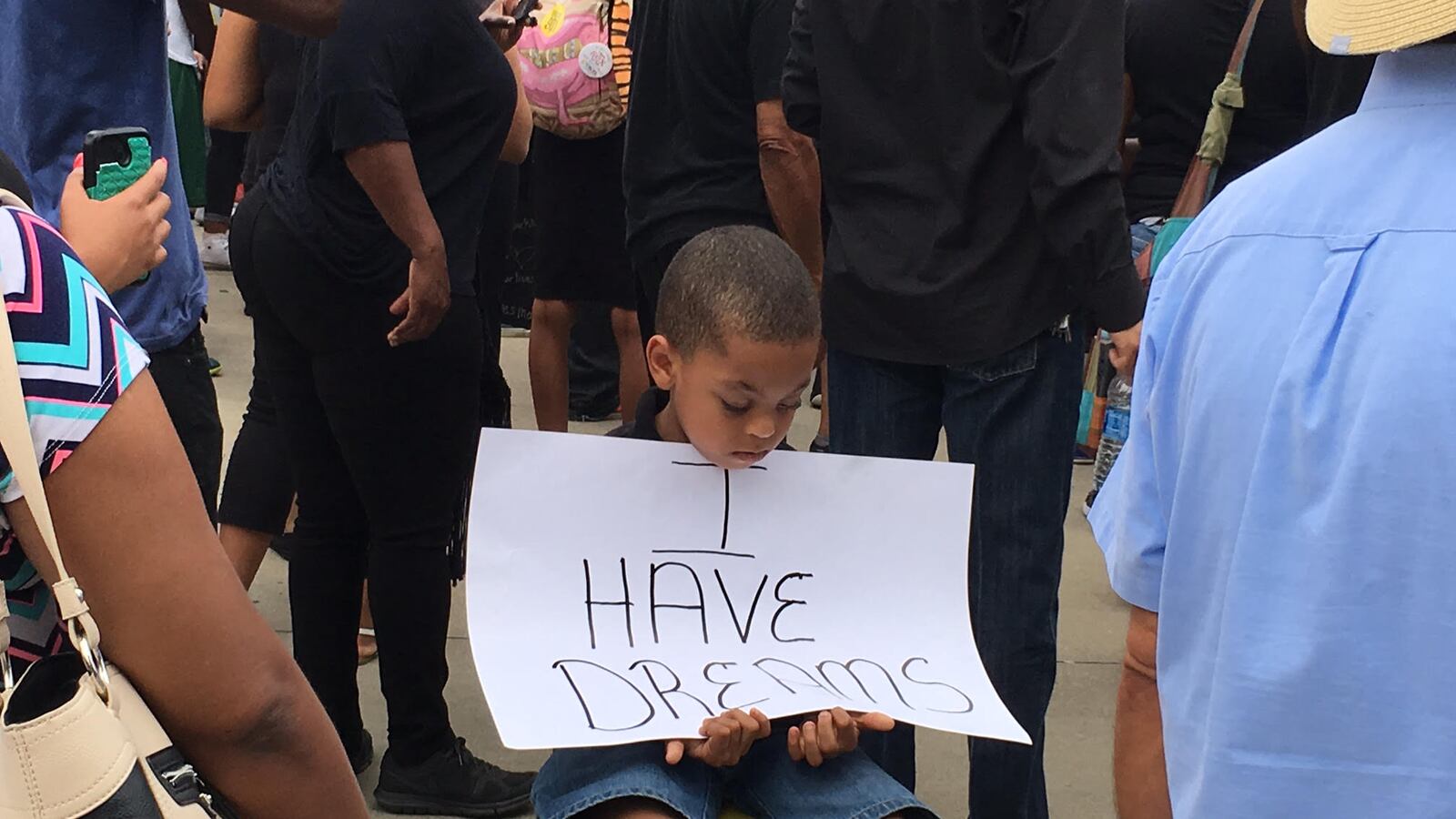In Memphis, where issues of race and safety are part of the city’s history and its daily conversation, sixth-grader Dulce Lopez pauses when asked about the spree of racial violence precipitated this month by the deaths of two black suspects by white police officers in Minnesota and Louisiana.
To her, it’s all about relationships.

“Why won’t they see what we see? Why won’t they be in our shoes and feel what we feel? And us doing the same to them?” Dulce asks while hanging out with friends at a Graham Heights community center.
“We’re being killed because they think we’re the bad guys. Why won’t they be in our shoes and see how they feel … to feel what we are afraid of?” said Dulce, a student at Kingsbury Middle School.
More than 63 percent of Memphians are African-American, and about 70 percent identify as persons of color. The city is forever associated with the 1968 assassination of civil rights icon Martin Luther King Jr., who was shot while in Memphis to support black city sanitation workers striking over unequal wages and working conditions.
Racial unrest erupted most recently in Memphis on July 10 when hundreds of protesters angry over police killings of black people in other cities occupied a major bridge over the Mississippi River, blocking Interstate 40 for hours both ways before officers moved them off. Retaliatory killings of mostly white police officers in Dallas and Baton Rouge have heightened the tension.

Donarie Brown, a junior at Kingsbury High School, says he’s witnessed discrimination from police in his neighborhood. But he also knows that many officers are trying to protect and improve Memphis.
“We need to come down into an agreement. … They need to find a better way to keep crime out of Memphis,” he says. “Just because this person is this color and that person is that color doesn’t mean you can’t come into one and be a whole nation together.”
To Talonda Wells, a Kingsbury High sophomore, the focus should move beyond pointing fingers to improving relationships.

“A lot of people are going against Memphis Police Department. I don’t see why we’re going against them. We just need to make them see that we’re not the bad people. Everybody just needs to calm down,” she said.
And teachers — in particular white teachers — have an important part to play, said Lakisha Hewlett, a senior at Craigmont High School.
“Some of my teachers (who are white) are mean. They just go so hard on us, for nothing at all. They act like they don’t see me. I just need to be seen. I want to be respected,” she said.
Titilayo Hubbard, a former KIPP student in Memphis, agrees. She said teachers can be more proactive in understanding the emotional needs of students in their classroom, even if they come from different backgrounds.
“I feel like teachers don’t take the time out. I mean, if you look at movies like Lean on Me, the teachers cared, the principal cared, they fought for their children, they tried their very best to truly educate them,” she said.
"I just need to be seen. I want to be respected."
Lakisha Hewlett
City and faith leaders convened several community forums the day after the I-40 protest to discuss issues important to African-Americans, including poor police community relations, a lack of jobs and poverty. One meeting touched on boosting city funding to youth programs and community centers but mostly left schools out of it. Memphis’ Black Lives Matter chapter has been active on education issues including advocating for more funding for schools and supporting the local school board’s decision to create a charter compact.
To Talonda, it gets back to relationships, so that people who don’t look like her and her friends can still get to know them and know that they are not “bad people.”
“I think that what they see in us are dangerous killers, gangsters and kids bringing guns to school, and we need to make them see we’re not that type of people,” she said.
Memphis reporters Katie Kull and Micaela Watts contributed to this report.


